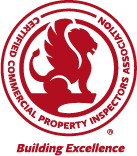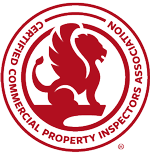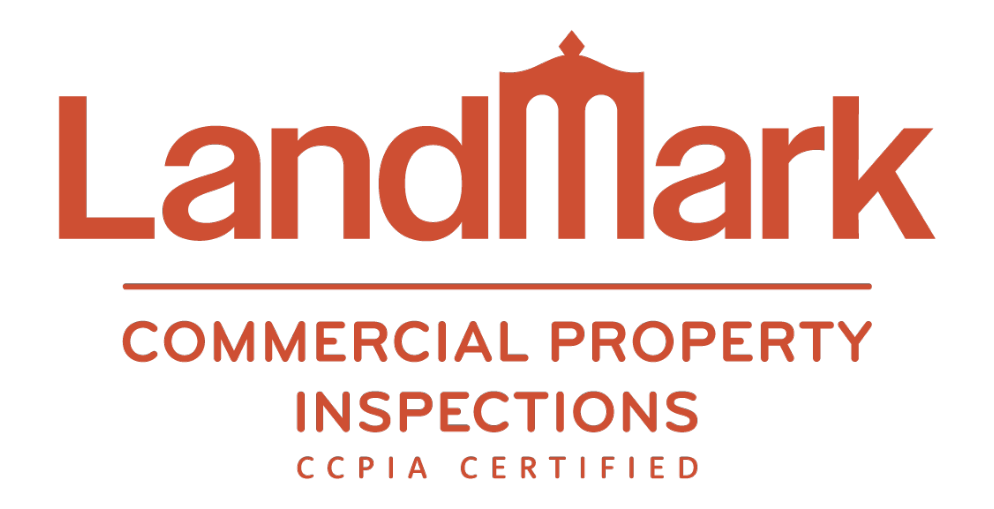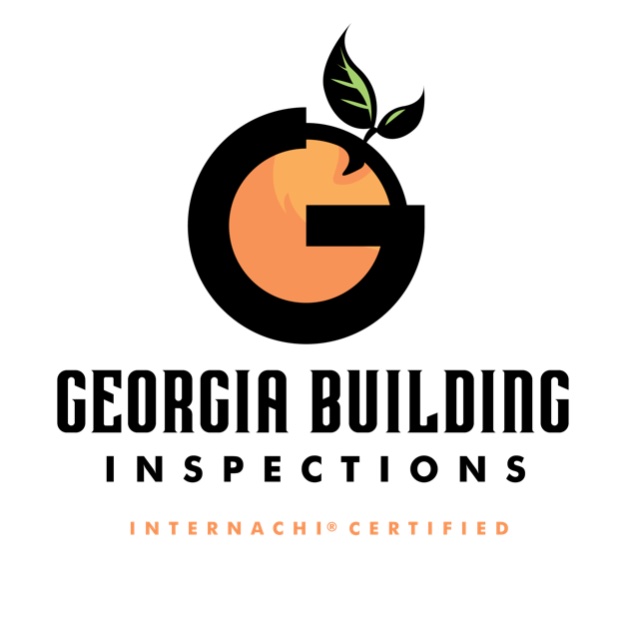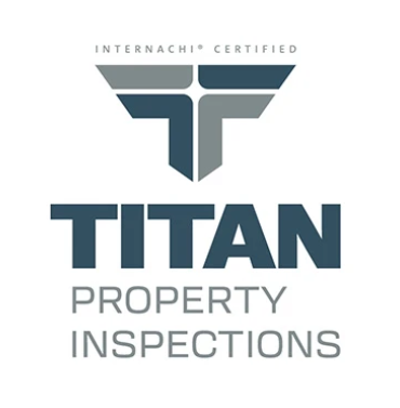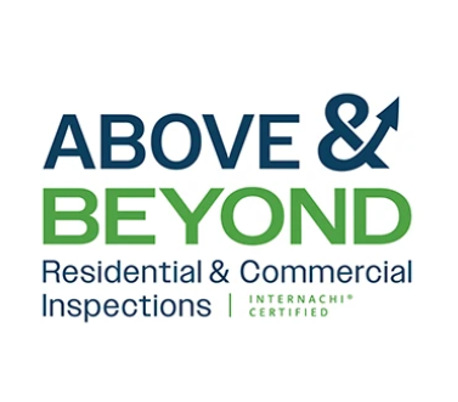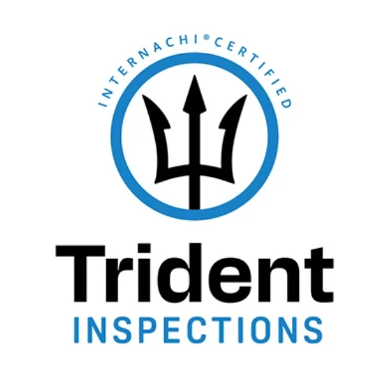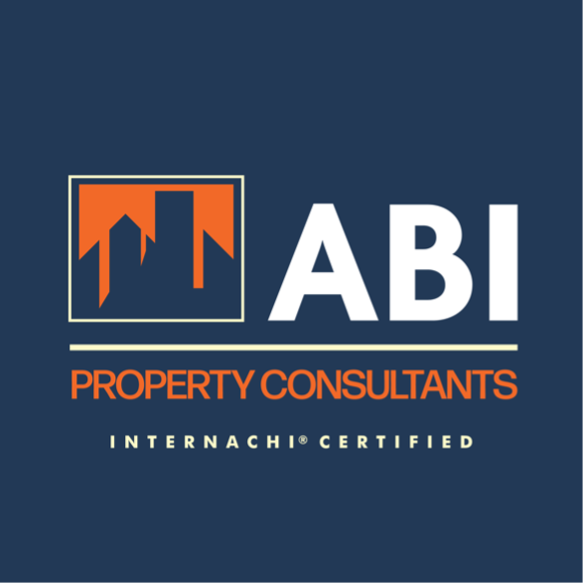Company branding refers to the unique identity and image of a business. It involves elements like logos, colors, taglines, marketing pieces, and the overall marketing strategy that collectively shapes how the business is perceived in the minds of clients. For a commercial property inspection company, effective branding is not only about the aesthetic appeal but also about establishing a reputation of specialization and professionalism in the commercial sector of the inspection industry. If a business’s branding is not aligned with its target client base and the services it provides, it may struggle to attract customers, with the result of losing business to competitors who can establish trust through their brand’s image from the get-go.
Business Structure and Scope of Services
The business structure and scope of services serve as the framework for a company’s branding strategy. The business structure is determined by whether the commercial property inspection services will be incorporated through a division within the existing company, or through a new, independent entity dedicated solely to commercial services. To learn more about business structures, read Determining Your Business Structure.
There is no inherently right or wrong business structure; it ultimately depends on how well it aligns with your branding strategy and services. Re-branding is sometimes required for established companies to sync their branding with the scope of services they intend to provide. For example, consider a company that exclusively uses the term “home” in their company name. Re-branding or creating a new entity would be necessary to attract commercial clients.
The scope of services defines the promise that the brand communicates to its customers. There are two important considerations: market position and expertise. For example, a sole service can lead to a specialized brand, while a broad service range could suggest a “one-stop shop” approach. The specialized brand can present itself as an expert in the commercial sector, while a broad scope may be presented as more versatile and resourceful.
Company Name and Logo
The company name and logo serve as the most immediate and recognizable symbols of a company’s branding. Once a company determines its business structure and scope of services, and has identified its intended market position, it can come up with a suitable company name and logo. We’ll take a closer look at the most common types of commercial property inspection company names using logos created by InterNACHI’s Marketing Department logo designers Chris Krowiak and Levi Nelson.
Commercial Property Inspections
The most direct approach is for a company to base their name and logo around the terms “commercial property inspection.” This company’s branding is tailored to commercial inspections, so it attracts prospective clients needing this specific type of service.
Commercial Building Inspections
Using the terms “commercial building inspection” in the company name is a direct approach. Some may argue that “building inspection” applies more to building code inspections, but others may see this as merely semantics.
Property Inspections
The most common approach for companies that offer residential and commercial property inspection services is to use the term “property inspection” in its name. This company positions itself to appeal to both types of clients and offers options that are conveyed through other branding means (i.e., website and print materials).
The other branding means should highlight the fact that there are separate divisions for residential and commercial services, and equally represent both the residential and commercial aspects of the business. Companies often fall short attracting commercial clients when the commercial services aren’t highlighted equally on their website and print materials using this approach. For example, the homepage banner shouldn’t just say “property inspections,” with a picture of a single-family home. This gives the impression that it’s a home inspection-only company, and doesn’t garner the trust of potential commercial clients.
Residential and Commercial Inspections
Using the terms “residential and commercial inspections” is also a good approach for companies that want to offer both services within one business entity. It conveys divisions in the company name and logo. The other marketing means should clearly and equally represent both types of services.
Inspections
Some companies choose not to specifically delineate “property,” “building” or “residential and commercial” in their company name and instead rely solely on “inspection,” clarifying their specific services (and target market) through other branding means. Some may argue that the company is missing the opportunity for an additional keyword because “inspections” can apply to things like vehicles and quality control, while others may view this as merely semantics. In any case, the company must use relevant keywords pertaining to properties and buildings through their other branding means in order to get in front of the appropriate client base
Consultants, Advisors, and Other Hybrid Names
A commercial property inspection company might choose to use terms like “consultants” or “advisors” in their name, rather than “inspections,” to suggest broader and consultative services. The company must incorporate relevant keywords across their other branding channels to effectively reach their target client base.
The terms “consultants” and “advisors” in a commercial real estate context can apply to property condition services related to risk assessment, compliance guidance, or investment advice, but they can also relate to various other aspects involved in buying, managing, and investing in commercial real estate. It’s important to assess whether this aligns with your scope of services. Pay special attention to how your scope of services is presented in your other branding materials.
Additional Considerations and Exercises
There are many other considerations for a company’s logo and other branding aside from the terms used in the name.
Once you have a concept in mind, ask yourself:
- Does my logo appeal to people searching for a commercial property inspector?
- Does my logo align with the market position and expertise I intend to convey?
- Does the imagery in my logo complement, restrict, or deviate from the company name’s message and its ability to attract commercial clients? For example, a logo featuring a home may limit the brand’s appeal to the commercial sector.
- Is my logo distinctive and memorable, or does it resemble other companies’ logos in my area?
- Is my logo professional and modern in appearance? Keep in mind that commercial real estate professionals often expect clean and modern branding, which may differ from what is expected in the residential sector.
Next, take a look at your other branding means and ask yourself:
- Does my website clearly represent the scope of my services at first glance, or do clients have to click through tabs and pages to find my commercial services?
- Do my business cards, brochures, and other print marketing equally represent my commercial services, if I also offer residential services?
- Do my website and print materials use the keywords that are most applicable to my services?
Conclusion
There is no inherently right or wrong business structure; it ultimately depends on how well it aligns with your branding strategy and services. Branding encompasses a myriad of aspects of a company’s image, including logos, colors, taglines, print materials, etc. Inspectors must consider all of these things in order to get themselves in front of the right clientele and gain their trust from their branding alone. Although branding by itself cannot establish trust, it does contribute to and play a significant part in getting a shot with a potential client. It is important for inspectors to consider their company name. This is a major part of why many existing companies choose to re-brand or start a separate commercial inspection entity.
Additional Commercial Property Inspection Resources:
